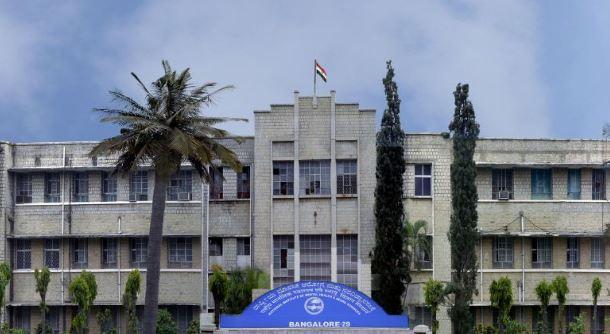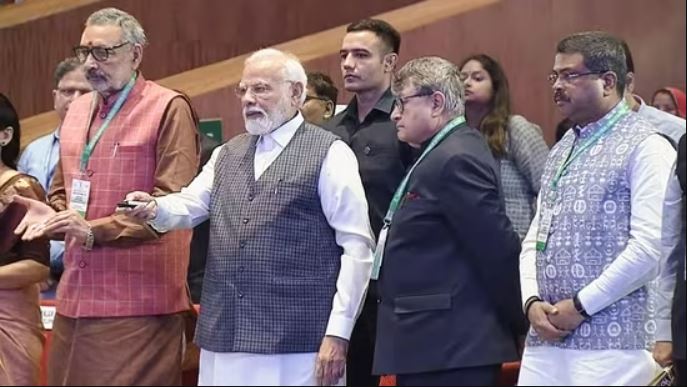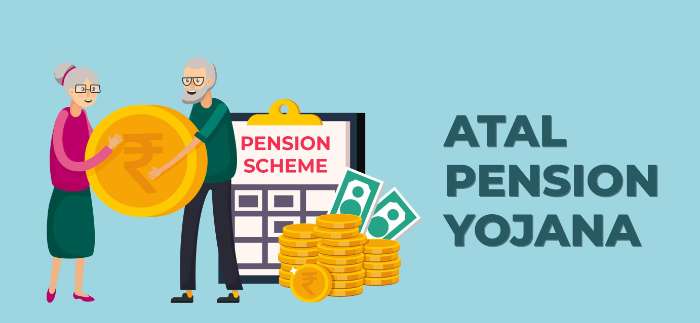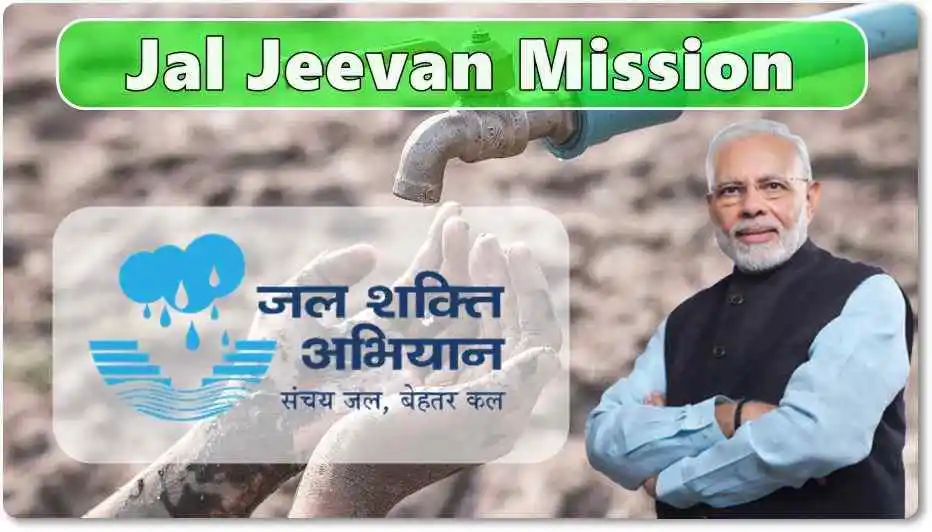Pradhan Mantri Kaushal Vikas Yojana(4.0); Benefits, Eligibility and Details
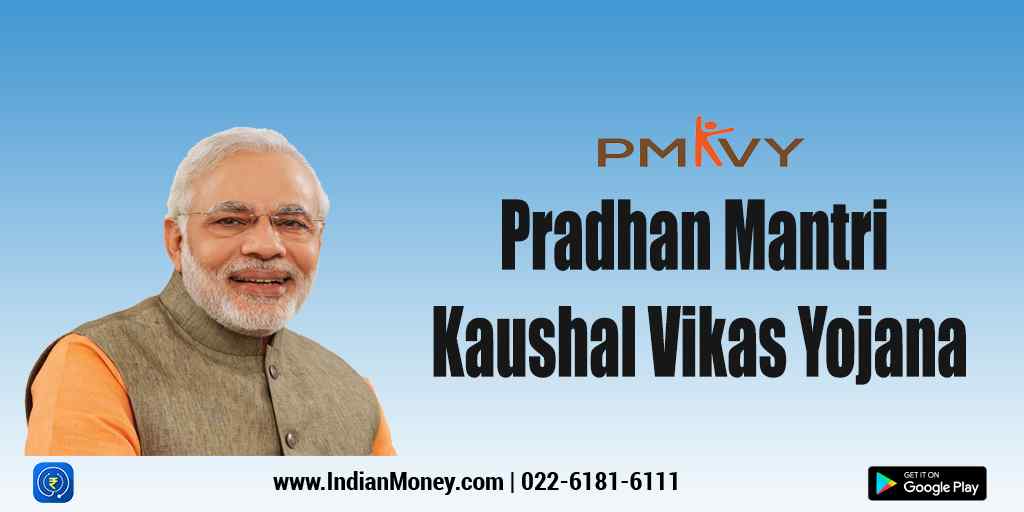
History of Pradhan Mantri Kaushal Vikas Yojana
Pradhan Mantri Kaushal Vikas Yojana (PMKVY 3.0), was launched on January 15, 2021 with the goal of empowering the nation’s youth and continuing the journey of the Skill India Mission to build India as the skill capital of the world. In order to satisfy industrial needs, fulfil market expectations, and impart skills in services and new-age work positions that have become essential with the arrival of the COVID-19 epidemic, PMKVY 3.0 will stimulate and promote skill development throughout the nation. With increasing responsibility and assistance from States/UTs and Districts, PMKVY 3.0 will be executed in a more decentralised manner, including the lessons learned from PMKVY 1.0 and PMKVY 2.0.
Pradhan Mantri Kaushal Vikas Yojana 4.0
Within three years, the Pradhan Mantri Kaushal Vikas Yojana would be introduced to skill youngsters. The importance of industry partnerships, on-the-job training, and course alignment with industry demands will be underlined. The programme will encompass modern courses for Industry 4.0, including soft skills, AI, coding, mechatronics, robotics, IoT, drones, and 3D printing. To prepare young people for possibilities abroad, 30 Skill India International Centres would be established.
Benefits of Pradhan Mantri Kaushal Vikas Yojana
- It helps and motivates thousands of Indian youngsters to enrol in skill training programmes, get work, and make a living.
- It pays individuals who receive skill training from accredited institutes on average Rs. 8,000 in compensation.
- At an estimated cost of Rs. 1,500 crore, it provides advantages to almost 24 lakh young people.
Eligibility for the Pradhan Mantri Kaushal Vikas Yojana
- Any Indian citizen who satisfies the requirements listed below may apply for PMKVY:
- An jobless young person or school/college dropout is the applicant.
- has a bank account and an Aadhaar card.
- possesses a backup ID, such as a PAN or voter ID
- any additional requirements specified by the SSCs for the relevant job positions
- However, because the PMKVY programme focuses on school and college dropouts, college students are not permitted to register under this programme. Additionally, candidates cannot be their own daily wage earners or workers in the case of factories or corporates.
(STT) short-term training
- The programme offers jobless or school/college dropouts who have a valid ID (Aadhar/PAN) and bank account the option to gain skills and find employment.
- The National Skills Qualification Framework (NSQF) is used to guide the training.
- Additionally, it teaches digital literacy, entrepreneurship, and soft skills.
- The time frame ranges between 200 and 600 hours depending on the employment type.
- In the “Find a Training Centre” page, a trainee may locate the training facility, choose the district, state, and employment role, and then click the “Submit” button. A list of training facilities will be shown. Candidates can sign up for a course by going straight to the training facility.
Unique Projects
- The projects that cannot be carried out through the STT due to STT rules and regulations can be carried out as special projects to promote training in vulnerable and marginalised social groups as well as in particular locations and settings, such as government institutions and business/industry organisations.
- To qualify as a Special Project, any one of the following requirements must be met.
- Under the PMKVY, the employment responsibilities are not within the scope of STT.
- Greater than or equal to 90% of captive placement is provided by the TP.
- Training courses offered in a variety of institutional contexts, including prisons, public buildings, etc.
- Training programmes are carried out in challenging geographic locations, such as tribal communities, and aspirational districts.
RPL, or Recognition of Prior Learning
- The programme evaluates and certifies people who are already qualified for a position or role.
- The RPL PMKVY 3.0 participants are graded in accordance with the National Skills Qualification Framework (NSQF).
- People who have past learning abilities or experience can register, get tested, and receive certification through the RPL component.
- Mobilisation, Counselling and Screening, Orientation, Final Assessment, and Certification are the five phases that make up the RPL Process.
Placement Support
Individuals trained and certified under the PMKVY are given salary or self-employment opportunities through placement assistance. For candidate placement, training providers must coordinate with DSC or SSDM. Both the Sector Skill Council (SSC) and the National Skill Development Fund (NSDC) will actively support this procedure. Under this component, assistance is also provided to qualified applicants who are considering starting their own business.






